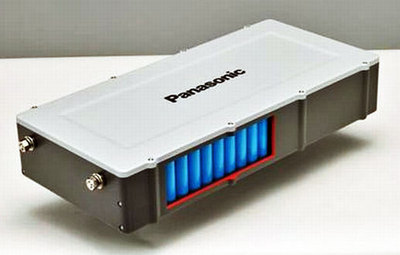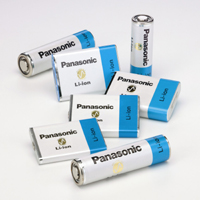We have to hand it to Tesla Motors. Over the past year the Californian-based automaker responsible for the fast, sexy 2011 Tesla Roadster 2.5 and 2011 Tesla Roadster Sport 2.5 has experienced a pretty good year.
Not only has the Palo Alto firm survived its initial public offering, generating over $226 million for the company, but it has managed an updated version to its popular Roadster sportscar as well as announcing a slew of development partnerships.
In May, Tesla and Toyota confirmed they would be working together on electric vehicle development. Then, later in the year both companies confirmed that Toyota’s $50 million investment in Tesla would result in both companies designing an all-electric 2013 Toyota RAV4 EV for market release some time in 2012.
While we’re excited to see what the fruits of the labors will be when the RAV4 is unveiled later this month at the LA Auto Show, we can’t help but think Tesla’s latest piece of news will also give the company further stability for the future.

Panasonic Li-Ion EV battery
What does this mean for the small electric car firm with big aspirations?
Aside from the obvious financial boost to a company which has been criticized in the past for haemorrhaging money, expect Tesla to have a secure supply of Panasonic’s high energy density lithium ion cells. The cells, while only 3.1Ah individually are combined in packs of 6,800 cells to give the Tesla Roadster its legendary performance.
Tesla also hopes the investment and partnership will also enable Tesla to leverage Panasonic’s mass-production knowledge, benefiting from the economies of scale and reducing the cost to the consumer of its cars.

Panasonic Lithium-Ion Batteries
But while Panasonic may be better known for its consumer gadgets than its batteries, the Japanese electronics giant is no stranger to electric vehicles.
Founded in 1996 as a joint venture between Toyota and Panasonic, Panasonic EV Energy Co., supplied prismatic nickel-metal-hydride EV batteries to Toyota and GM for use in the Toyota RAV4 EV and GM EV1.
More recently the company, which changed its name earlier this year to Primearth EV Energy Co., Ltd, has provided batteries to Honda and Toyota for use in hybrid electric vehicles.
[Tesla][Panasonic]













